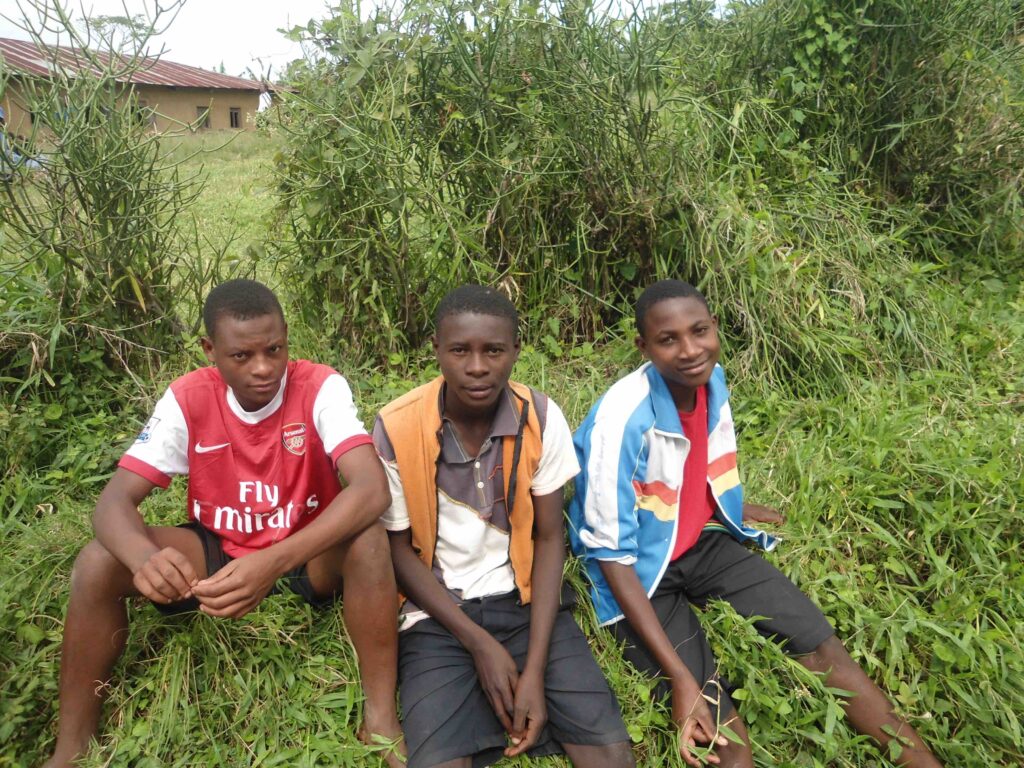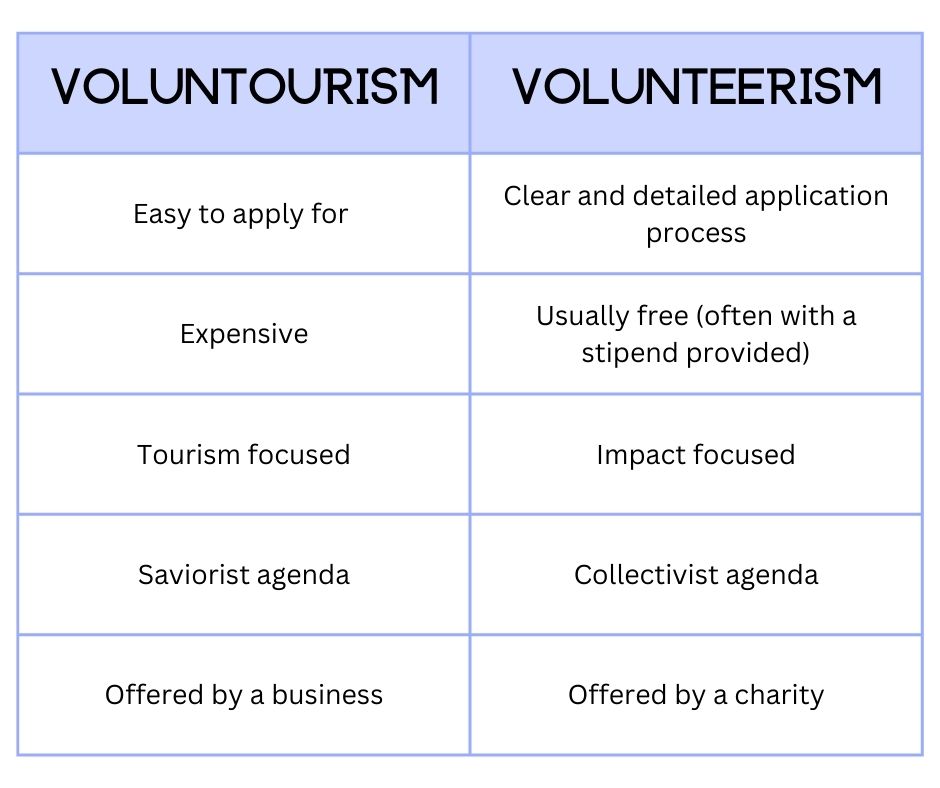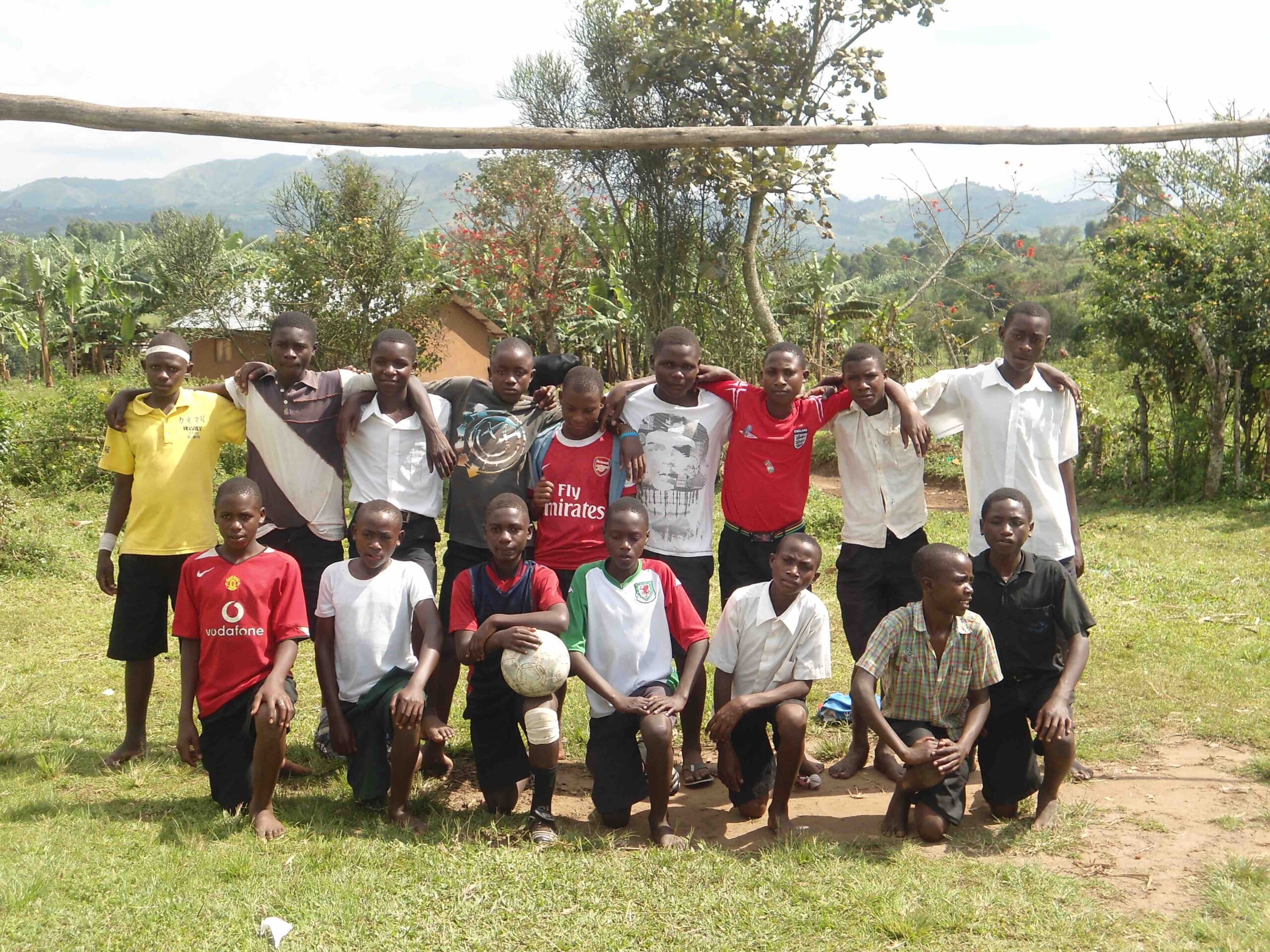Table of Contents
- So, what is voluntourism in Africa?
- Voluntourism in Africa vs. Volunteerism: A crucial difference
- The problem with voluntourism in Africa
- How to avoid voluntourism in Africa?
- Recap: The problem with voluntourism in Africa
Voluntourism in Africa – good or bad?
Can volunteering your time to seemingly help people in need really be a bad thing? In some instances, yes. And it’s within this context that I introduce you to the problems with voluntourism in East Africa.
Here, I explain what voluntourism is, why it’s usually a bad thing, and how you can avoid it in favor of a meaningful and beneficial volunteerism opportunity in East Africa.
So, what is voluntourism in Africa?
The term “voluntourism” brings together two distinct concepts: volunteering & tourism. As such, a voluntourist can simply defined as someone who volunteers their time to a specific cause while participating in tourism.
But defining voluntourism isn’t quite this simple. The term is loaded with unhelpful connotations of saviorism and righteousness, and there’s a big debate about whether voluntourism is inherently good or bad.
In East Africa, voluntourism is rife, as it is in many parts of south-east Asia. The reason for this is that there is a perceived need for voluntourists in these parts of the world, as well as a whole host of enjoyable tourism activities for well-intentioned volunteers to do during their stay in countries on the other side of the world.
Following my experience as a voluntourist in 2012, I wrote a book about my time in Uganda and how the concept of voluntourism didn’t sit well with me. I also undertook research into the concept of voluntourism during my Masters program at the University of Birmingham, given my interest in the concept.
In what remains of this article, I explain what voluntourism is, how it differs from volunteering in East Africa, and how you can avoid certain volunteering placements in different parts of the world that can potentially do more harm than good.
Voluntourism in Africa vs. Volunteerism: A crucial difference
I firmly believe that anyone who is willing to volunteer their time to a cause that they’re passionate about has good intentions. After all, if the world had more people who were willing to volunteer to help out in different ways, there’s no doubt that it would be a better place.
Lots of people are motivated to volunteer in their own communities, while others want to do so in other parts of the world. Both are admirable, and no matter where you give your time to a worthy cause, you can make a positive difference in the world around you.
However, if you are motivated to volunteer abroad, there’s a fair chance that you will come across voluntourism programs when you perform a simple Google search looking for opportunities that interest you.
Here’s what voluntourism in Africa might look like:
- It’s easy to apply for: There probably won’t be an interview process, and the program will not necessarily be looking for people with specific skills or experience to sign up. One of the main prerequisites might be a “positive attitude” or something similar.
- It’s expensive: One of the distinguishing features of a voluntourism placement is that it is expensive to participate in. You might, for instance, be asked to pay hundreds or thousands of dollars for a short-term voluntourism placement in East Africa or elsewhere.
- It’s tourism-focused: If a firm offers voluntourism placements, its website will likely feature imagery that reflects the tourism opportunities in the country in question, be it photos of safaris or other exciting tourism activities. The focus of the website is not usually on the volunteer placement itself.
- There’s a saviorist agenda: While often subtle, a voluntourism placement is likely to invite you to make an unrealistic contribution in a short space of time. For instance, you might be invited to “change lives,” “transform communities,” or “give children a chance.”
- It’s offered by a business: Most voluntourism placements available online are offered by for-profit companies, as opposed to not-for-profit charities. This is a crucial distinction to be aware of and will help you differentiate between voluntourism and volunteerism. Most voluntourism businesses merely partner with charities, and it’s not clear how much of your money goes toward the projects in question.
Now, compare the above to how a volunteerism opportunity might look like in Africa:
- There’s a clear application process: Applying for a legitimate volunteering opportunity in East Africa is like applying for a job. There will be a clear role description and role specifications, and you will need to complete an application process before being invited to join the charity in question. You will almost certainly have to supply references to back your credentials, too.
- It’s free: Most volunteer placements don’t charge you for offering your time! In fact, many charities offer volunteers a stipend to cover certain living or travel expenses. After all, why should you have to pay a huge sum of money to volunteer your time?
- It’s impact-focused: Rather than focusing on the amazing tourism activities you can do and how much fun you will have while in East Africa, volunteer opportunities are more concerned with the impact that you can have in the community in question.
- There’s a collectivist agenda: Instead of inviting you to come and save a village, a charity looking for a skilled volunteer will market the opportunity as an invitation for you to make a contribution. Your skills and experience can contribute to the collectivist cause, which is a much more realistic message than asking you to travel across the world to save a community from X, Y, or Z.
- It’s offered by a charity: When you find a volunteering opportunity in East Africa, it will almost certainly be offered by an NGO or grassroots charity. Therefore, you can be sure that the experience that you sign up for is actually part of a community cause, as opposed to a profit-making venture.
As you can see, the characteristics of voluntourism and volunteerism placements in East Africa are very different from one another, and recognizing them is crucial. But is voluntourism really a bad thing?
The problem with voluntourism in Africa

I think it’s important to preface this section with a clear statement: not all voluntourism placements are bad. When done correctly, voluntourism can be a successful business model that benefits tourists, international businesses, and local communities. It can work.
But in reality, many voluntourism placements that operate in developing countries do more harm than good. In some instances, voluntourism projects support systems that break up families, while others perpetuate negative stereotypes about poorer nations needing to be saved by residents of wealthier countries.
Sinisterly, some voluntourism experiences can be downright dangerous. Just look at the story of Renee Bach and her ill-fated time spent in Uganda. While shocking, it helps you understand how inexperienced and unskilled individuals can lead to fatal consequences for local populations.
In my opinion, the problem lies in the fact that inexperienced and unskilled individuals believe that they can make a positive impact in East Africa simply by showing up and lending a hand.
This mindset often leads to unqualified teachers being placed in already underperforming schools, inexperienced medical practitioners offering assistance in under-funded medical centers, and a whole host of other placements that seek to fill round holes with square pegs.
As a result, voluntourism placements send out the message that wealthy tourists are able to make a positive contribution in practically any discipline, simply because they’re willing to pay for the right to get involved in a project that they’re not necessarily suited to.
What does this suggest to the local populace? It reinforces negative stereotypes – particularly the white savior industrial complex – and often holds communities back, as opposed to helping them move forward, as is often the claim of voluntourism supporters.
Attitudes aside, voluntourism projects also cause problems for local relationships and experiences. Local people, understandably, see opportunity when voluntourists arrive in their communities. Maybe the voluntourist will pay their child’s school fees or make a donation to help them repair their home, for instance.
This creates an unhealthy relationship between voluntourists and the local people that they interact with, one that is inherently transactional in nature. It also breeds discontent, particularly if the voluntourist leaves the area after a short time, following a period of spurious contribution.
Ultimately, even if voluntourism placements aren’t dangerous, they’re usually unhelpful and unsustainable. If you want to make a real contribution in East Africa, voluntourism is not the way to do it, as I explain below.
How to avoid voluntourism in Africa?
When I decided to travel to East Africa in 2012 before heading to do my Masters, I thought that voluntourism presented the perfect opportunity. Frankly, I didn’t know there was a difference between voluntourism and volunteerism, and it wasn’t until after my experience that I realized that there are different ways to volunteer your time in East Africa.
If you search for volunteering placements online today, you will come across voluntourism placement providers offering you a whole host of potential projects, from turtle conservation in Kenya to primary school teaching in Uganda. But if you really want to make a positive contribution during your time in East Africa, you need to look beyond the marketing of voluntourism placements.
A great way to ascertain your suitability for a volunteering opportunity in East Africa is to question if you would be skilled and experienced enough to do the role in your own country.
If you don’t have the skills to volunteer at a health facility in the US, why do you think that you can do so in a health center in Uganda?
You have a responsibility to think carefully about what you’re skilled, qualified, and experienced to do. After all, your willingness to volunteer isn’t enough to make you an asset to a community project in East Africa, and you need to have the skills necessary to make a positive impact.
You can also use this super helpful infographic to guide you as you search for a volunteering opportunity in Africa:

There are lots of volunteering opportunities available in East Africa, but you need to do some due diligence to ensure that you apply for a placement that, at the very least, does no harm to the local community that you’re planning to visit.
I also highly recommend reading this follow-up article to Teju Cole’s 2012 piece in the Atlantic, where you can learn how to avoid the white savior industrial complex.
Recap: The problem with voluntourism in Africa
The problem with voluntourism in East Africa is not an easy one to solve. While for-profit organizations continue providing voluntourism placements to impressionable young people in western countries, a conveyor belt of voluntourists will continue arriving in East Africa every year.
However, by educating yourself about some of the issues associated with voluntourism in East Africa, you can seek out rewarding, impactful volunteering placements that can be rewarding for you and beneficial to the people that you work with.
We all have a responsibility to consider an opportunity before signing up for it, so make sure you understand what you’re getting yourself into before joining a volunteering placement in the near future.
So, if you have your heart set on participating in a volunteering project in Africa, check out this recent article where I provide you with eight questions to ask yourself before joining a placement. It will help you avoid negative opportunities.




